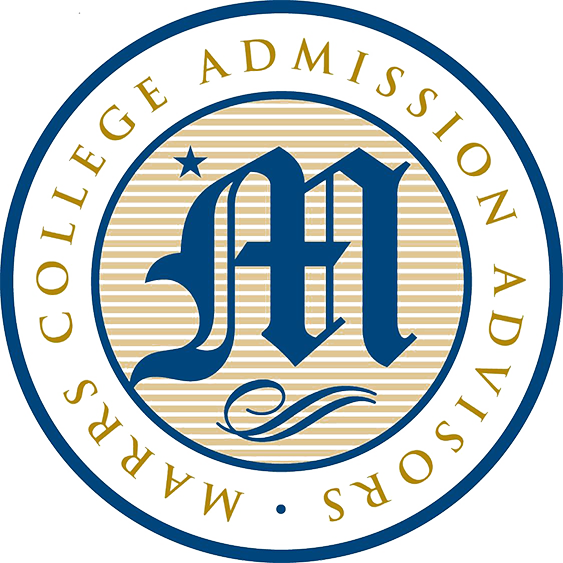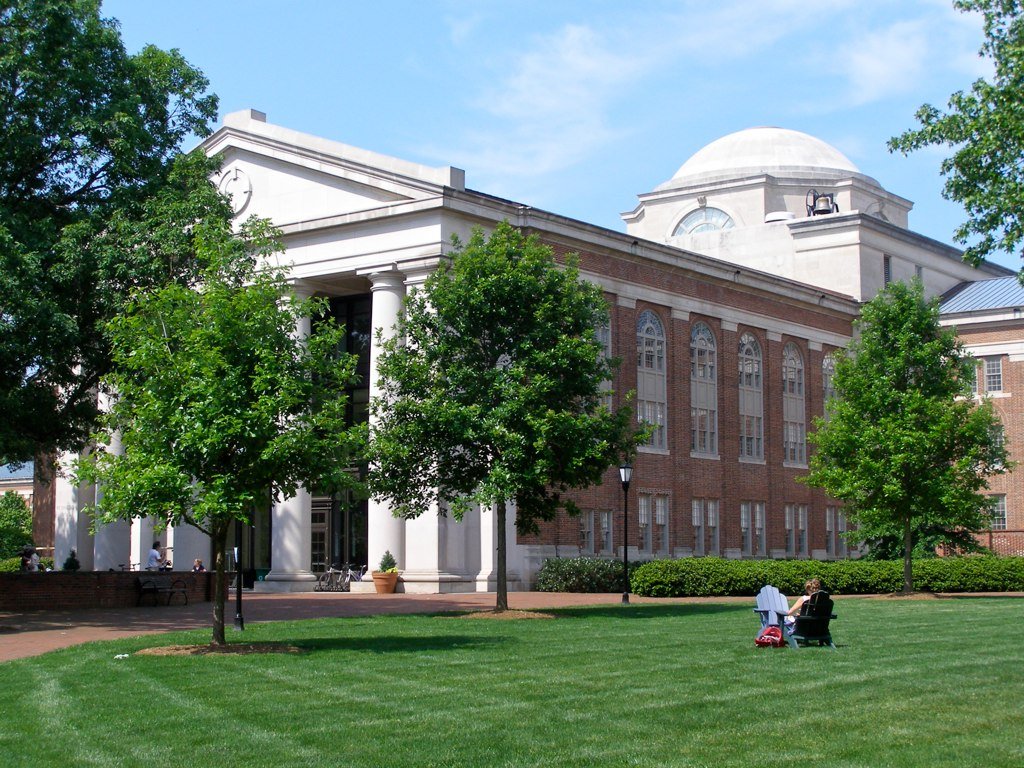College Highlight
Davidson College
From the Fiske Guide to College
Davidson, NC
Traditionally styled as the “Dartmouth of the South.” Goes head-to-head with Washington and Lee (VA) as the top liberal arts college below the Mason-Dixon Line, and Division I sports are an advantage. An early leader in the trend to replace loans with grants, it boasts a strong honor system that sets the campus tone. Small-town location is close to Charlotte and prime vacation spots. Davidson College combines the Southern tradition and gentility of neighbors like Rhodes and Sewanee with the academic prowess more common to Northern liberal arts powerhouses such as Dartmouth and Williams.
It turns out more than its share of the region’s political, education, legal, and other leaders. Often overlooked because of its small size and Carolina location, Davidson offers students strong interdisciplinary, international, and preprofessional programs, as well as a thriving social scene. As a senior economics major boasts, “Davidson is the liberal arts school of the South.”
Located in a beautiful stretch of the North Carolina Piedmont, Davidson’s wooded campus features Georgian and Greek Revival architecture. The central campus is designated as a national arboretum, and college staff lovingly maintain a collection of the woody plants that thrive in the area. Davidson retains its original quadrangle, which dates from its founding in 1837, plus literary society halls built in the 1850s. In addition to classes in a range of liberal arts areas, core requirements at Davidson include coursework in a foreign language; cultural diversity; justice, equality, and community; first-year writing; and physical education. Popular majors are political science, economics, biology, psychology, and English. Those whose academic interests lie outside the mainstream can work closely with select faculty members to pursue one of several majors established by the Center for Interdisciplinary Studies, such as Arab studies, bioinformatics, or global literary theory, or to design a major of their own.
The interdisciplinary health and human values minor explores the role ethical values play in defining problems as “medical” and worthy of scientific study. A 3–2 engineering program is available with Columbia University and Washington University in St. Louis. Davidson’s academic climate is “challenging and rigorous, but you’re surrounded by a community of support,” says a political science major. Seventy percent of classes have fewer than 20 students. Davidson’s Honor Code allows students to take exams independently and to feel comfortable leaving doors unlocked. “The Honor Code is a cornerstone not just for academics, but for all aspects of life at Davidson,” says a student.
Every entering freshman agrees to abide by the code, and all work submitted to professors is signed with the word “pledged.” Professors are highly lauded for being friendly and accessible, and with no graduate students around, opportunities to work with faculty members on research projects are plentiful. The Sustainability Scholars Summer Program provides students with real-world projects that emphasize sustainability issues; students can be found in locations ranging from skyscrapers to community gardens.
Students looking to sharpen their business or technical skills may take advantage of hands-on learning opportunities provided by the Hurt Hub for Innovation and Entrepreneurship. Study abroad programs, including 10 faculty-led and more than 115 partner programs, are available in countries from France, Germany, and England to Cyprus and Zambia.
About 80 percent of students graduate with some foreign experience, whether it’s coursework, service learning, research, or an internship. A tech-oriented immersive semester in Silicon Valley is also an option. “Davidson students are people who learn because they love to learn, not to perform intellectual ability but because of a genuine interest,” comments an English major. While the school embraces its Presbyterian heritage, an Africana studies major says there is “a good amount of religious diversity” on campus.
“Politically, there’s a left lean, but it’s not significant compared to other liberal arts schools,” observes a senior. The college practices need-blind admissions and, thanks to its highly touted Davidson Trust, guarantees to meet 100 percent of admitted students’ demonstrated need through grants and student employment—eliminating loans from all need-based financial aid packages. Additionally, a limited number of merit scholarships and 156 athletic scholarships are available. Ninety-five percent of Davidson’s students live on campus in co-ed or single-sex dorms. Seniors get apartment-style housing with private bedrooms. Many upperclassmen take meals at one of the fraternity or eating houses, which have their own cooks and serve meals family style. A limited number of upperclassmen receive permission to live off campus.
Regarding campus safety and sexual assault, a senior reports, “I’ve seen more spaces emerge for conversation and support of sexual assault victims/survivors.” The Alvarez College Union provides a main gathering place, and students have around 200 clubs and organizations at their disposal, but Davidson’s nine fraternities, three sororities, and four all-female eating houses are the real center of social life on campus. These nonresidential groups are housed in Patterson Court, which freshmen are not allowed to enter for the first three weeks of school. The dues charged by these clubs cover meals, as well as parties and other campuswide events. Fraternities claim 30 percent of the men, and sororities attract 49 percent of the women. The eating houses, each of which supports a different philanthropic cause, such as cancer and autism research, are not much different from Greek life. “Greek life isn’t elitist or exclusive. You can go to their open events and you’ll be encouraged to as well,” explains a senior. The party scene is said to be low-pressure, and one student points out that “[alcohol] policies are tied into the Honor Code, so they are enforced.”
Davidson’s first-year orientation includes the Cake Race, a tradition since 1930 that provides each runner with a cake they select based on the order in which they finish a (voluntary) 1.7-mile race. Another favorite tradition is Spring Frolics, a weekend of games, concerts, and plenty of free food. The cozy town of Davidson and the equally quaint neighboring town of Cornelius are common destinations for a relaxed night out, with coffee shops, cafés, beer gardens, miniature golf, and movie theaters. “For a college town, the town of Davidson shuts down pretty early,” notes a junior. The college’s 110-acre Lake Norman campus is ideal for sailing, swimming, and rowing. When those diversions grow old, North Carolina’s largest city, Charlotte, is just 20 miles away, offering nightlife and other attractions.
Public transit is an option, too, as are the college’s shuttle service and fleet of cars that students can check out for personal use. Davidson fields 21 varsity teams (the Wildcats), 19 of which compete in the Division I Atlantic 10 Conference. The nonscholarship football team plays in the Division I Pioneer Football League, and the wrestling team competes in the Southern Conference. About a quarter of students are varsity athletes. Basketball (one of whose alumni is Stephen Curry), soccer, and wrestling are the most competitive programs. Intramural and club sports are varied and popular.

